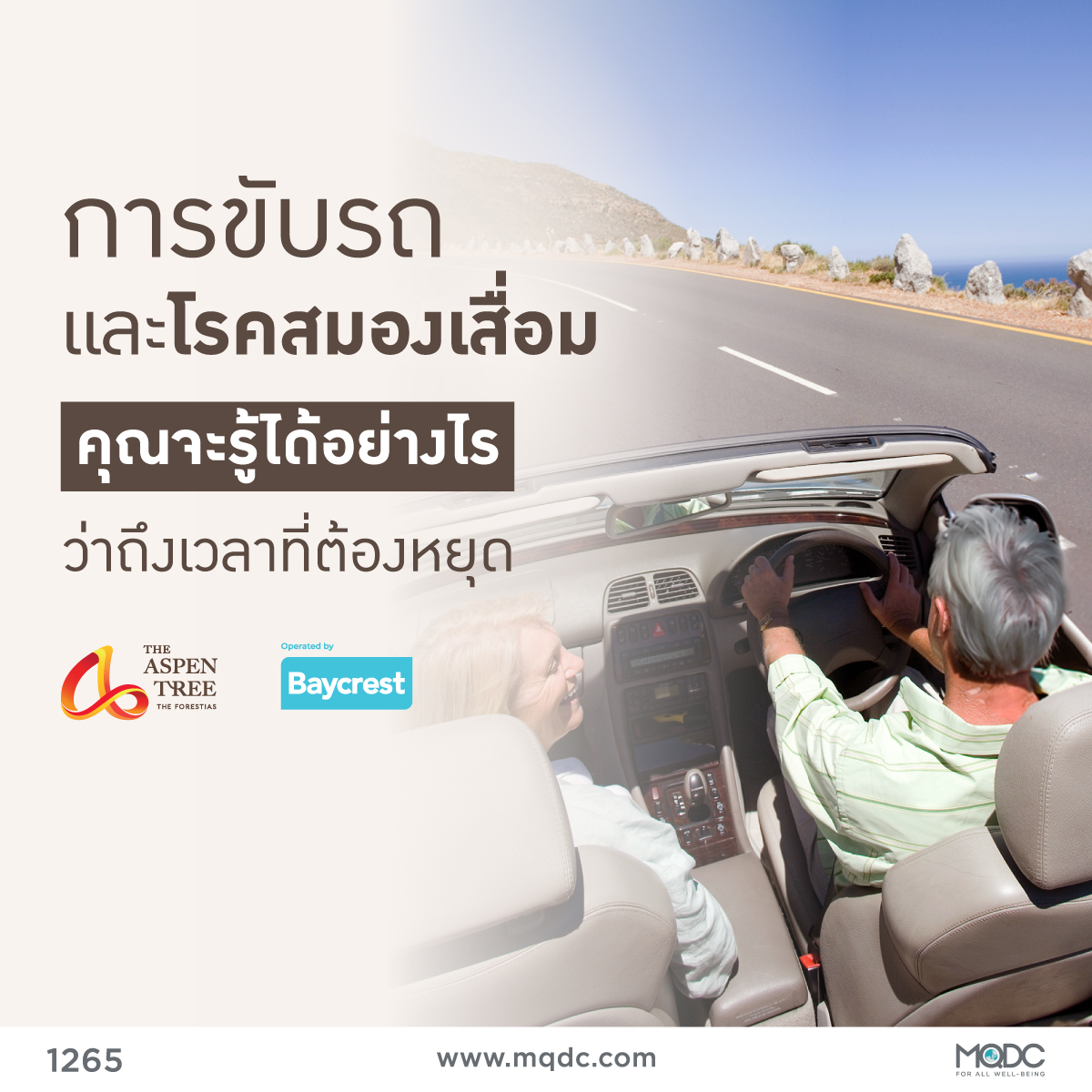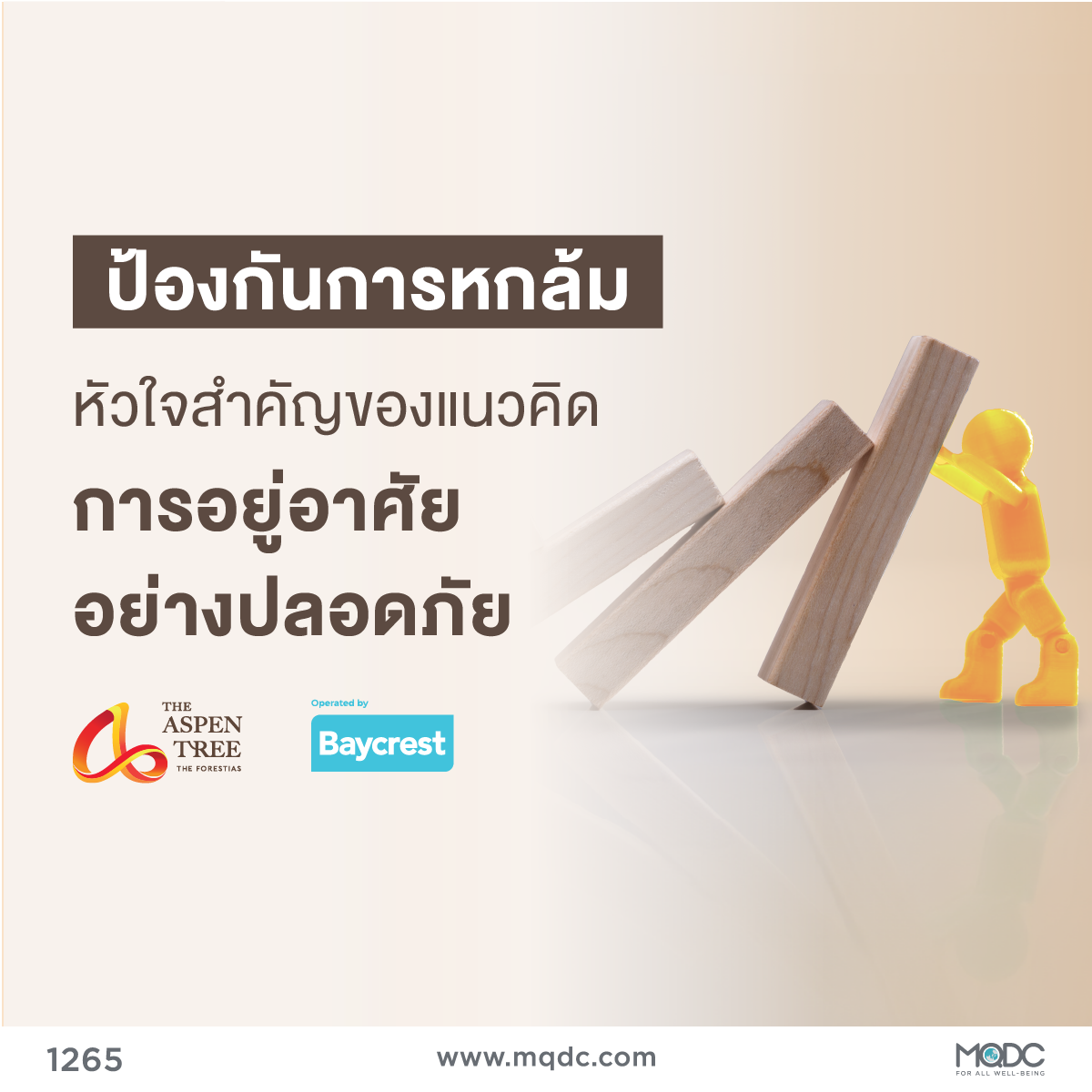The quintessential rite of passage that is obtaining a driver’s license profoundly embodies a sense of freedom. The independence that driving provides offers lifelong opportunities to live responsibly and on one’s own terms.
For many, driving begins in one’s teenage years and ceases some time in their older years. But how do you know when it’s time to stop driving?
Alzheimer’s and Driving
A change in health status can mark the time to reconsider lifestyle habits, including driving. A decline in one’s cognitive health should be an integral part of this evaluation. In Canada, approximately 597,000 people are living with dementia, and this is expected to rise to 955,900 by 2030, according to the Alzheimer Society of Canada.
As your health changes, you should consider how to adjust your lifestyle. Driving can be an issue to examine, especially if your physical and mental health have deteriorated. But giving up your car keys is a major turning point.
Compared with healthy control subjects, people with mild dementia have a marked deterioration in their driving skills and double the risk of crashing, according to Dr. Mark Rapoport, a geriatric psychiatrist and Acting Head of Geriatric Psychiatry at Sunnybrook Health Sciences Centre. However, the decision to stop driving after a diagnosis of dementia is a complicated, difficult, and emotional one.
To address this challenge, Dr. Gary Naglie, Vice President of Medical Services and Chief of Staff at Baycrest, a global leader in research and care for older adults, and Dr. Rapoport, along with a team of researchers through the Canadian Consortium on Neurodegeneration in Aging (CCNA)have developed the Driving and Dementia Roadmap (drivinganddementia.ca). This unique online resource brings together information, videos, worksheets and other materials to help navigate the decision in a way that honours the individual while involving their family or close community.
Information in the Driving and Dementia Roadmap is tailored to three groups: older adults diagnosed with dementia, caregivers of people with dementia, and healthcare professionals.
“Among many other topics, the Driving and Dementia Roadmap helps users understand how dementia can impact driving; identify when it becomes unsafe for individuals living with dementia to drive; and adjust to life without driving once the decision has been made,” says Dr. Gary Naglie.
According to Dr. Rapoport, “some individuals with mild dementia may continue to drive safely and some may have to stop driving right away. It’s important to be aware that as the disease progresses, they will inevitably have to stop driving. It can be difficult to know exactly when driving has become or will become unsafe. After receiving a dementia diagnosis, it is critical for the individual and their family to watch for changes in that person’s driving and consider whether they can continue to drive safely. For people with moderate or severe dementia, driving is dangerous as the brain functions needed to react quickly and make rapid decisions for safe driving have deteriorated. By the time an individual reaches these stages, driving must stop.”
Resources within the Roadmap include tactical components, such as information about licensing and transportation options for individuals with dementia, guidance on having the conversation about giving up driving and tips on how to transition and plan ahead.
For healthcare providers, information about one’s role in the decision, as well as assessing fitness to drive are among the available resources. In a recent article in the Canadian newspaper Globe and Mail, Dr. Naglie advises having these discussions in a timely manner. “The key is to have discussions early and to encourage people with dementia to either voluntarily stop driving or be better prepared when the time comes, “so it isn’t a sudden shock to them and they become resistant to stop driving,” Dr. Naglie said. “That’s the big hope.”
Recently, the Roadmap has been included as a dementia resource on the World Health Organization’s (WHO) Global Dementia Observatory Knowledge Exchange Platform. The Driving and Dementia Roadmap is available at drivinganddementia.ca and includes resources from every province and territory.
Live a Safe and Independent Life with Expert Care at The Aspen Tree The Forestias Operated by Baycrest
Welcome to a community with lifetime care, with security systems and every amenity for you to live and get around freely. You can live free from worries with a concierge service ready to call you a car 24 hours a day.
This concept inspires The Aspen Tree at The Forestias, designed and developed with research leaders and Canada’s world-leading Baycrest Crest to meet every need of older adults. You can live in a multigeneration community in The Forestias with comprehensive health and care (Holistic Lifetime Care). Full facilities and the Health & Wellness program enhance your lifestyle with activities such as yoga, swimming, singing, playing music, meditation, outdoor activities, hydrotherapy, and much more to keep your body, mind, and brain in great shape.
The Aspen Tree at The Forestias also has a Health & Brain Center to safeguard your health and wellness. The center’s experts can delay the onset of dementia and provide care to overcome brain and memory problems. A team of healthcare specialists is on hand 24 hours a day to keep you safe and well in every aspect.
Live free from cares in the free time of live... Let’s find the perfect life together.
Find out more CLICK https://mqdc.com/aspentree
Call 1265
LINE OA: @TheAspenTree or CLICK https://mqdc.link/3Emhkde
Source:
http://baycrest.uberflip.com/i/1497897-brainmatters-spring-2023/15?









